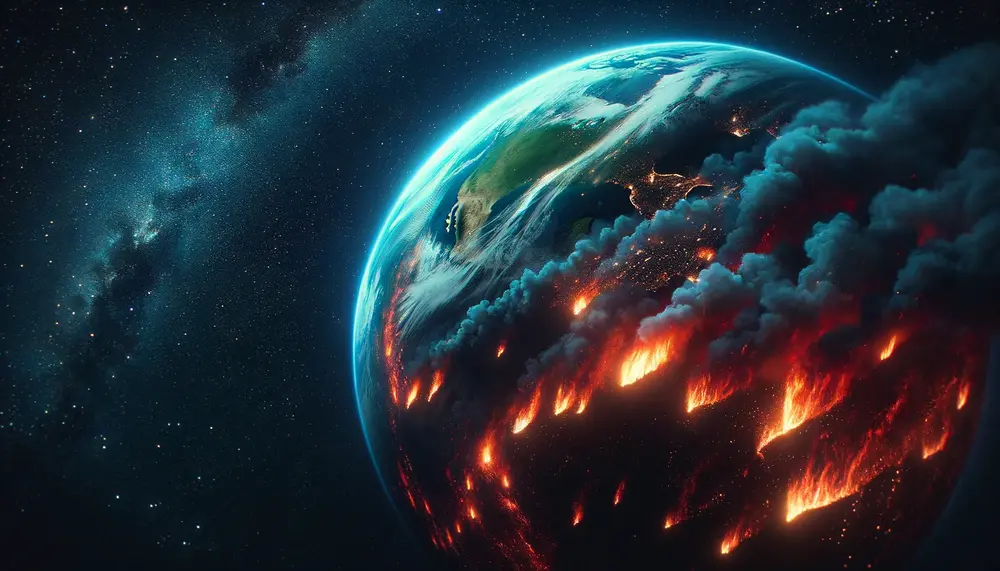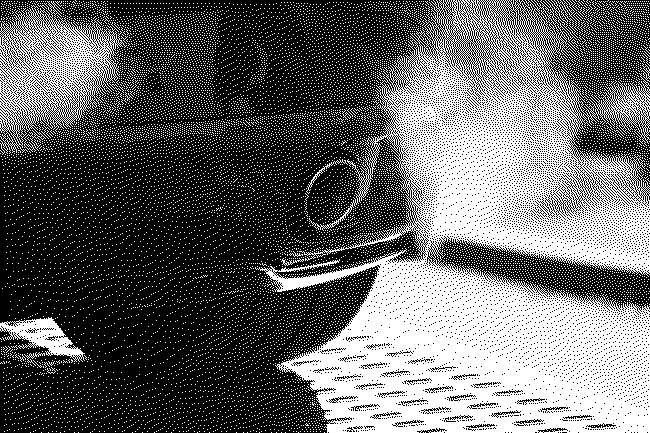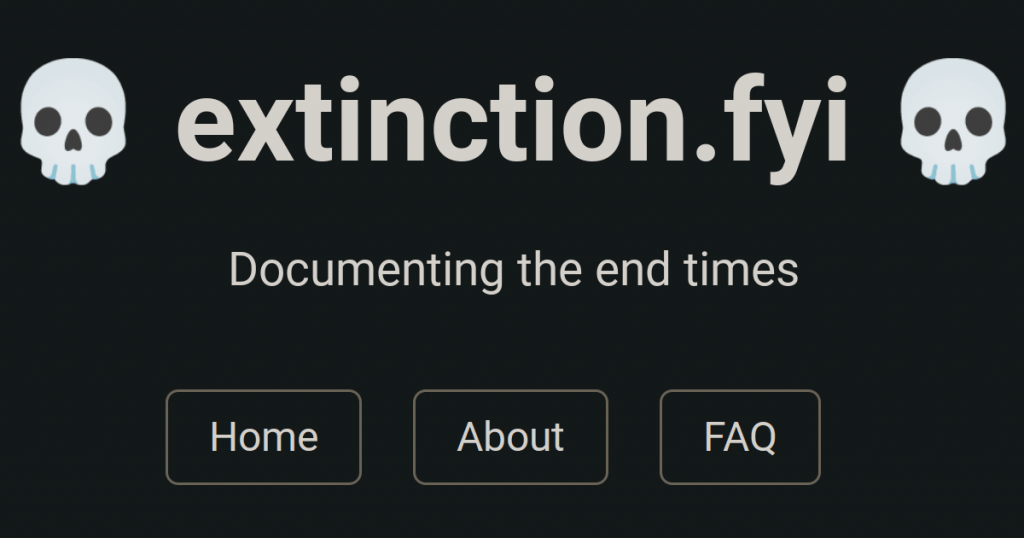Hope vs optimism

Last night I went to a local climate action reading group. As I have learned to do, I listened to what was being said before speaking, noticing the word ‘hope’ had come up a number of times. I wondered out loud whether hope was something that we needed to have to respond to the climate emergency?
Another word that you could use instead of hope is ‘optimism’. Semantics, maybe, but the way that I understand hope is that you’re looking to other people to save you. ‘Optimism’, on the other hand, is something that you generate yourself, intentionally. As Gramsci put it:
You must realize that I am far from feeling beaten…it seems to me that… a man out to be deeply convinced that the source of his own moral force is in himself — his very energy and will, the iron coherence of ends and means — that he never falls into those vulgar, banal moods, pessimism and optimism. My own state of mind synthesises these two feelings and transcends them: my mind is pessimistic, but my will is optimistic. Whatever the situation, I imagine the worst that could happen in order to summon up all my reserves and will power to overcome every obstacle.
(my emphasis)
In other words, having a clear-eyed picture of what is going on (pessimism of the intellect) can be useful in summoning up an internal state to do something about it (optimism of the will). This then enables us to band together to enact change, rather than simply picking through various bits of climate news for the things which are ‘hopeful’.
I’m an admirer of Adam Greenfield’s work, and was delighted to have the opportunity to interview him last week for our podcast. I took along his article from last year about ‘Lifehouses’ and read the first half of this bit to the group:
Here’s the crux of it: local communities should assume control over underutilized churches, and convert them to Lifehouses, facilities designed to help people ride out not merely the depredations of neoliberal austerity, but the still-harsher circumstances they face in what I call the Long Emergency, the extended period of climatic chaos we’ve now entered. This means fitting them out as decentralized shelters for the unhoused, storehouses for emergency food stocks (rotated through an attached food bank), heating and cooling centers for the physically vulnerable, and distributed water-purification, power-generation and urban-agriculture sites capable of supporting the neighborhood around them when the ordinary sources of supply become unreliable.
He continues:
The fundamental idea of the Lifehouse is that there should be a place in every three-to-four city-block radius where you can charge your phone when the power’s down everywhere else, draw drinking water when the supply from the mains is for whatever reason untrustworthy, gather with your neighbors to discuss and deliberate over matters of common concern, organize reliable childcare, borrow tools it doesn’t make sense for any one household to own individually, and so on — and that these can and should be one and the same place. As a foundation for collective resourcefulness, the Lifehouse is a practical implementation of solarpunk values, and it’s eminently doable. Formally, the infrastructural services I imagine Lifehouses offering are distributed, as opposed to centralized, which makes them robust to the kind of grid failure we’ve been experiencing more and more often.
As I walked home from the group, I reflected on the scale of what we need to achieve as a species. Even if everything pumping out emissions shut down tomorrow, there’s already enough carbon in our atmosphere to mean that we’re in serious trouble.
I can see why the original title of Greenfield’s new book was Beyond Hope: Collective Power and Mutual care in the Long Emergency. Although the revised title is snappier, I’m convinced that we require does, indeed, require going ‘beyond hope’. Perhaps I need to resurrect something like extinction.fyi? (although someone is now squatting that particular domain)
Update: a follow-up up post over at Thought Shrapnel thanks to Will Richardson, who left a link in the comments section below: Hope vs Natality
Image: DALL-E 3


